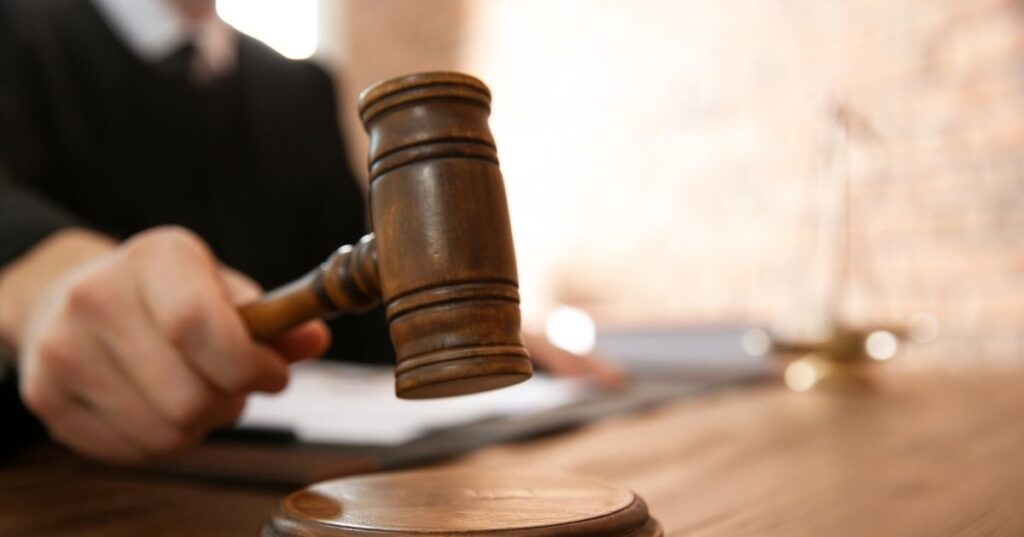Former Virginia delegate Ibraheem Samirah was sentenced after pleading guilty to wire fraud tied to COVID relief funds, with prosecutors saying he used fake payroll records to secure PPP money and later spent it personally while the defendant denied wrongdoing beyond a claimed misunderstanding.
Ibraheem Samirah, once a Virginia state delegate, drew attention again after a federal court resolved charges stemming from the early pandemic. In October a judge imposed three years of probation and ordered $88,000 in restitution after Samirah admitted guilt on a wire fraud count linked to Paycheck Protection Program funds.
The case centers on roughly $83,000 in PPP loan proceeds that prosecutors say were obtained in May 2020 through false payroll and tax documents tied to Samirah’s NOVA Healthy Smiles dental practice. Records submitted for the application claimed four employees, yet there was no payroll account in place until days before the loan request was filed, according to the government’s account.
Prosecutors say Samirah moved the loan money into his personal account and used it for non-business items rather than payroll or other qualifying expenses. He later sought loan forgiveness in August of the following year, a step that drew attention once investigators examined the supporting documents and bank transfers.
Federal officials did not mince words, noting the troubling optics of a public official taking federal relief dollars while he was making decisions about state money. “ [T]the defendant was stealing federal tax dollars at the same time he was deciding how to spend Virginia tax dollars,” prosecutors said, framing the case as more than a bookkeeping error.
Samirah has pushed back on the criminal charges by describing his actions as rooted in confusion over the PPP program. He told reporters that the whole episode resulted from a “mistaken understanding of the PPP loan process,” and he argued the prosecution was politically motivated, calling it a “weaponized” prosecution carried out “by Donald Trump’s Justice Department.”
He also drew a comparison between his legal situation and the recent indictments of public figures like James Comey and Letitia James, suggesting there is a broader agenda at play. At the same time, Samirah did acknowledge making an “extremely poor decision,” which he blamed on “financial stressors” and the fear that he would lose his dental practice.
The judge’s disposition — probation plus restitution — reflects both the offense’s federal seriousness and the judge’s decision to spare Samirah prison time under the circumstances presented at sentencing. For critics, the sentence raises questions about accountability for public officials; for supporters, the punishment may seem measured given the defendant’s admission and other mitigating factors.
Beyond the courtroom, this case underscores how emergency relief programs were vulnerable to abuse during the pandemic and how that abuse can intersect with public service. The facts the court accepted — false payroll paperwork, a late-created payroll account, transfers to a personal account, and an application for loan forgiveness — form a clear narrative that prosecutors used to secure a guilty plea.
Whatever claims of targeting or confusion Samirah offers, the record in court included specific dollar amounts, dates, and transactions that tied him to the misused funds. The restitution order requires payment of $88,000, which exceeds the original PPP draw of $83,000, reflecting penalties and related calculations the court imposed to address the loss to federal programs.
This episode may be remembered for its mix of political theater and criminal consequences: Samirah’s earlier moment of protest in 2019 remains part of his public profile, now joined by a federal conviction tied to pandemic-era relief funds. The legal outcome is settled, and the financial repair ordered by the court is now part of the resolution he will live with moving forward.



